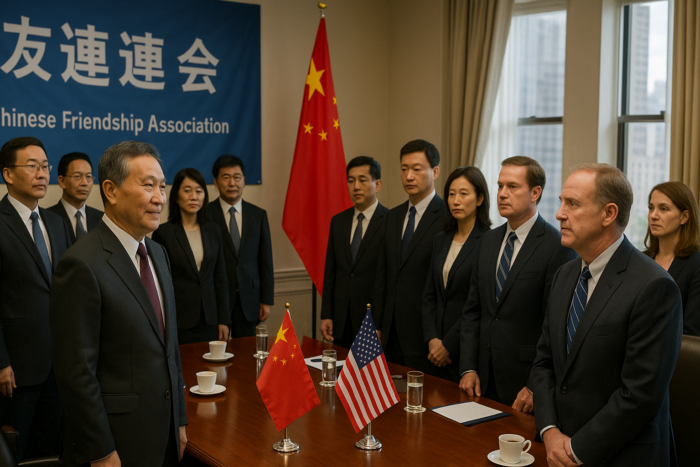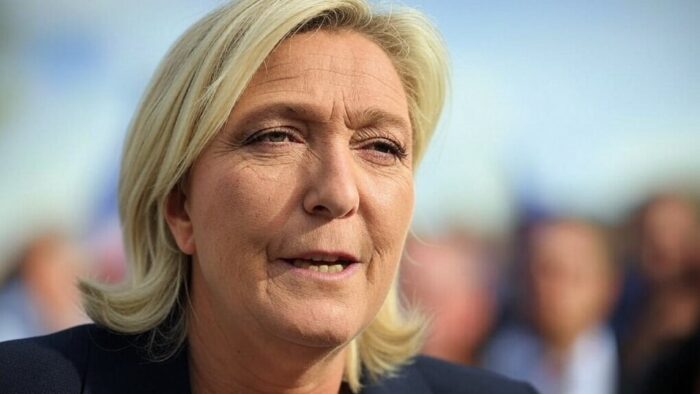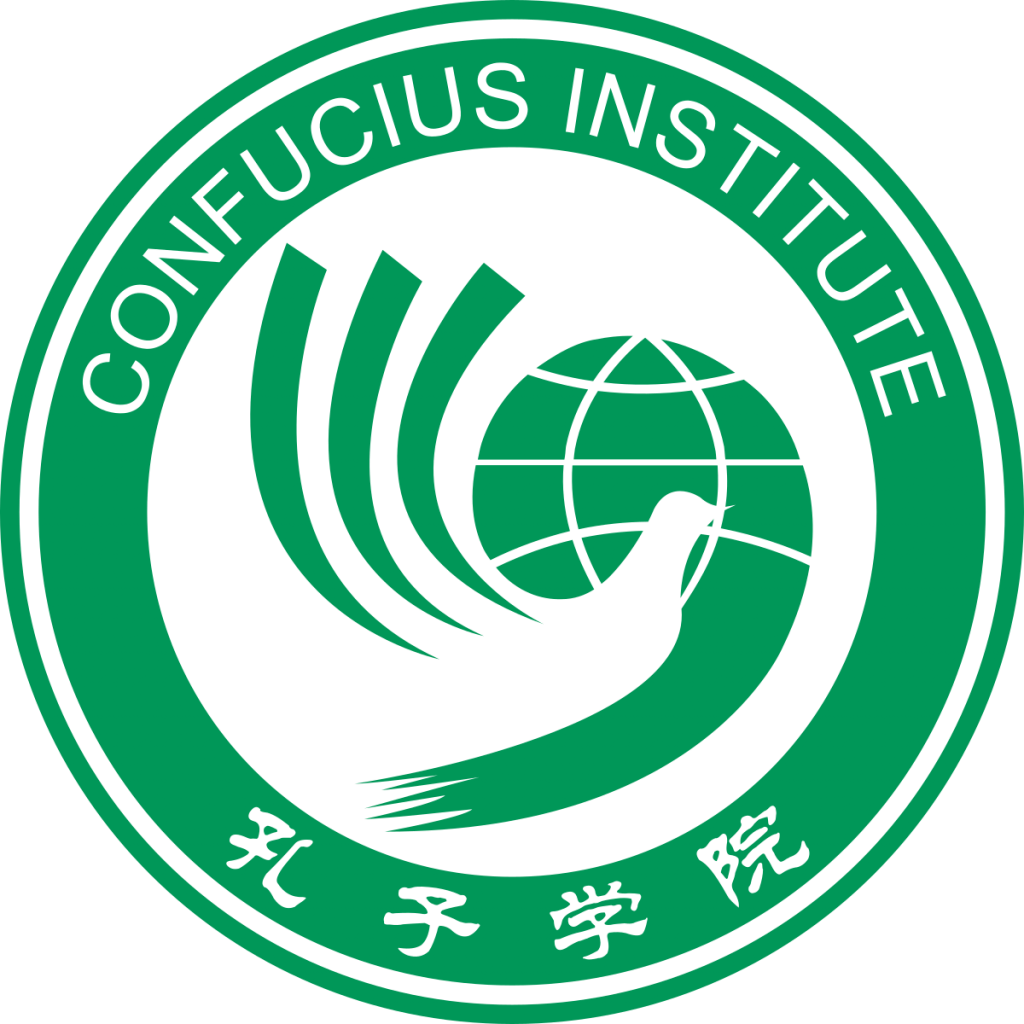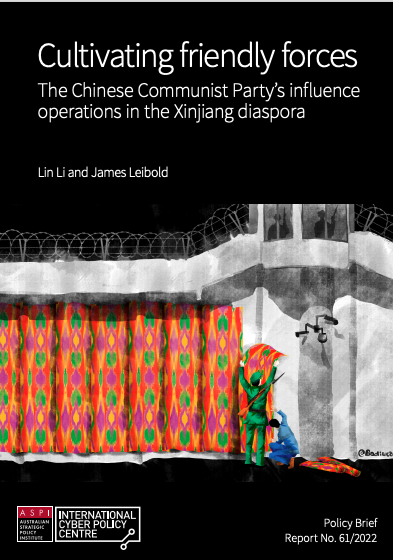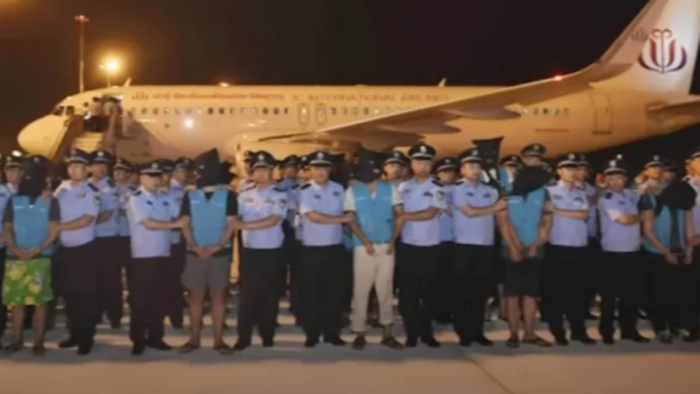The Australian Strategic Policy Institute (ASPI), an Australian think tank, recently published a report examining the Chinese government’s united front system and its foreign-facing role, highlighting examples of its activities in Europe and North America. According to a report by the Strategist:
April 13, 2022 One of the united front system’s most important tasks is to shape international public opinion of China—through both elite capture and public diplomacy. Sometimes, this influence is exercised overtly. In January 2022, for example, the United Kingdom’s security service warned that a solicitor affiliated with the united front system had donated £420,000 to a British MP. In other cases, united front affiliates have offered foreign politicians campaign contributions, engaged directly in lobbying and made significant investments in overseas media outlets. More often, however, the united front system prefers to operate with some plausible deniability, by funding or co-opting interest groups designed to promote solidarity among members of the Chinese diaspora. In some cases, these organisations—such as trade guilds, student groups and ‘friendship associations’—engage in political activity designed to shield the CCP from criticism, or to protest policies unfavourable to the Chinese government. In the US and UK, for example, Chinese student and scholar associations have pressured university administrators to cancel visits from the Dalai Lama, counter-protest the CCP’s annexation of Hong Kong and censor artwork criticising the party’s actions in Xinjiang. […] Although many organisations affiliated with the united front system are not directly controlled by the CCP or Chinese government, they are best viewed as government-organised non-governmental organisations (GONGOs). These groups also aid in the united front system’s second major overseas mission—monitoring the activities of the Chinese diaspora and silencing dissidents based abroad. In 2020 and 2021, for example, the Federal Bureau of Investigation and Canadian Security Intelligence Service both warned that the Chinese government was using ‘state entities and non-state proxies’ to ‘threaten and intimidate’ activists and Chinese dissidents in the US and Canada.
Read the rest here.
The ASPI report concludes that many of the united front activities are best described as ‘grey zone’ operations and that liberal democracies should coordinate and think of novel ways to blunt the impact of China’s foreign influence operations.
The United Front Work Department is a little-known Beijing-based agency with worldwide branches. It uses an extensive network of associations, business groups, friendship societies, and cultural groups to ensure the loyalty of its overseas citizens and others of ethnic Chinese descent. According to a US government report, United Front work promotes Beijing’s preferred global narrative by pressuring individuals living in free and open societies to self-censor and avoid discussing issues unfavorable to the CCP and harassing or undermining groups critical of Beijing’s policies. The Global Influence Operations Report has extensively covered united front activities overseas. Recent reporting has included:
- In May, we reported on a NATO study identifying the united front networks as one of eight “avenues of influence” China uses to influence the information environment.
- In January, we reported that Britain’s internal intelligence agency MI5 said a well-known lawyer in London’s Chinese community was knowingly engaged in political interference activities on behalf of the United Front Work Department.
- In November, we reported that units in the united front systems are key actors in efforts to coopt parliamentarians, political parties, local officials, and mainstream voices in think tanks and the media in Italy.

